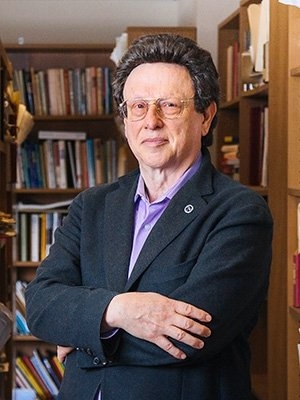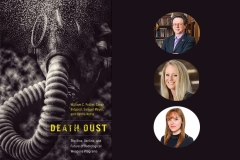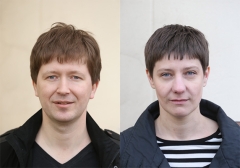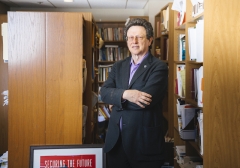Middlebury Experts Examine the Complicated Threat of Dirty Bombs in New Book
| by Caitlin Fillmore
Three leaders from the James Martin Center for Nonproliferation Studies (CNS) raise the alarm about the ongoing threat of radiological weapons in their new book, which was recently excerpted in Foreign Affairs.




